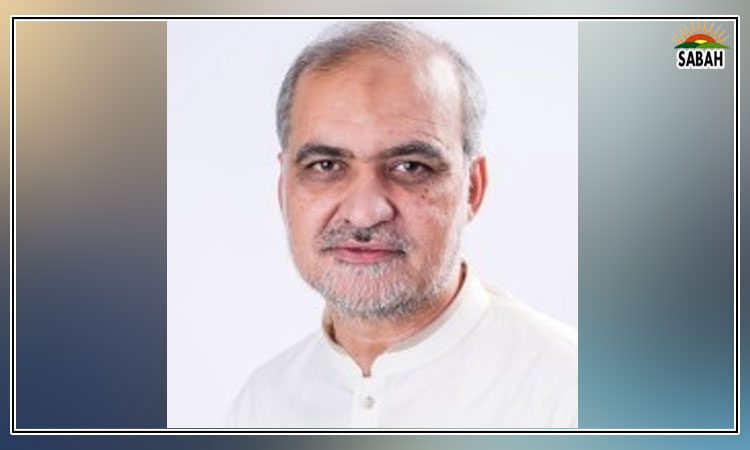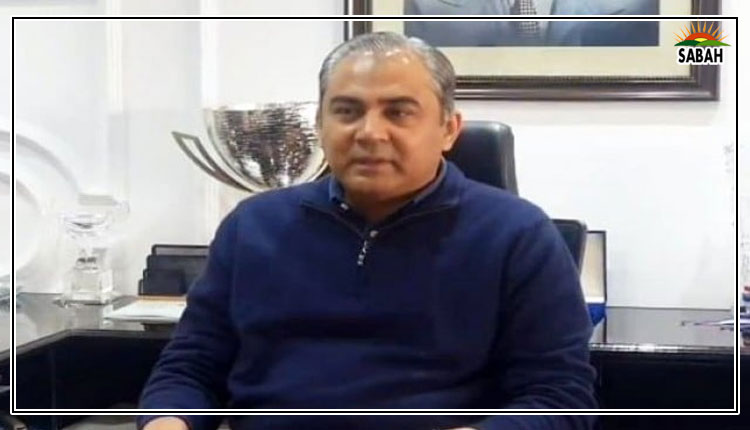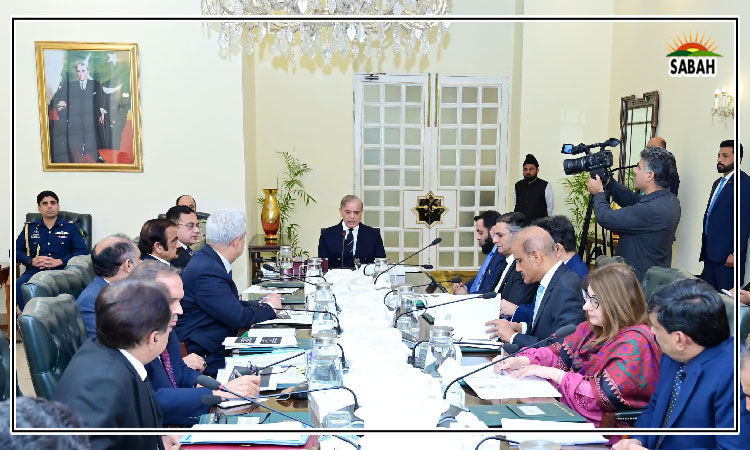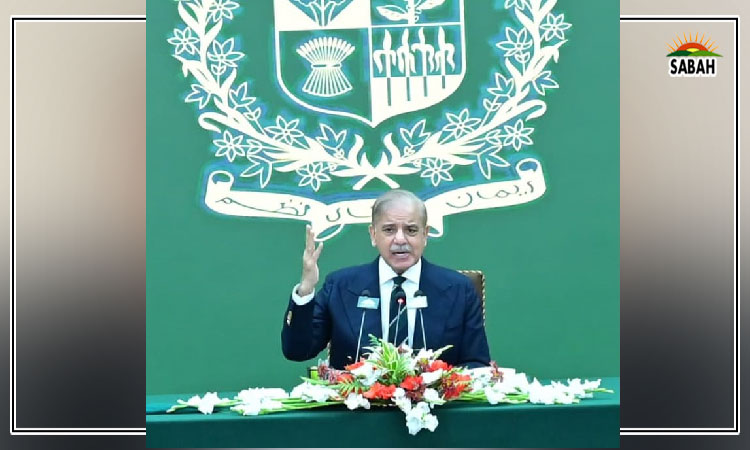Rolling back the NFC award…Khurram Husain
AS the countrys fiscal predicament deteriorates, a line has increasingly been doing the rounds that the 18th Amendment and the NFC award of 2009 are responsible for this situation and need to be rolled back. At the top of the list is the revenue-sharing formula ushered in by the last NFC award in 2009, according to which 58 per cent of the total tax revenues today are being devolved to the provinces these days.
This is a dangerous argument and must not be entertained. There are three main reasons why. First, the Constitution prohibits reducing the provincial share in the NFC award. Second, the share of the provinces in the divisible pool is a crucial glue that strengthens the federation, and trying to reverse this share will not only require constitutional violation, it will also weaken the federation. And third, and perhaps very importantly, the quantum of resources freed up as a result of such a reversal is now far smaller than the proponents of this argument would like to think.
Focus on the third argument for now. The other two have been made by others in other places.
Do a simple exercise. Take the total amount of taxes collected in the July to March period of FY23, the latest data available, and divide that amount by the old NFC-sharing formula to get an idea of the quantum of resources that can be gained by the federal government if it takes recourse to reversing the NFC award.
Resorting to band-aid solutions and gimmicks in an attempt to address a growing fiscal dysfunction is a terrible idea.
In the year 2008, the last year in which the interim arrangement of Musharrafs NFC formula was applied, 45pc of all FBR taxes were devolved to the provinces. By FY23, this proportion had risen to 57pc. But if you take FY23 tax collections and apportion them by Musharrafs formula, the amount of money freed up for the federal government is less than Rs700 billion.
This may sound like a lot, but it actually is not, given the scale of the fiscal dysfunction that such a reversal is supposed to try and address. The amount is large enough to create a very short and temporary sense that the fiscal equation has been rectified. But in a year, maximum two, the same fiscal straitjacket will start to tighten once again. The reversal will do nothing more than delay, briefly, an inevitable reckoning with the countrys shrinking resource envelope. It will not rectify it.
In FY23, the total net federal revenues (the proportion of tax collection left to the federal government after transfer to the provinces) was less than the governments interest bill on its debt both foreign and domestic. In truth, this position had been reached in 2019, where debt service obligations had surpassed the total resource envelope available to the federal government. It only disappeared momentarily when interest rates were slashed massively in 2020 following Covid-19, but as soon as those rates were tightened once again, as was inevitable, the situation returned. The state in Pakistan had reached financial unviability years ago and only momentarily averted its reckoning by a few years when it was allowed to borrow and print money extensively under the name of fighting the pandemic.
But then came the inevitable adjustment in 2023, when the Fund programme had to be revived. The adjustment this time was severe, with interest rates rising to a historic high of 22pc and the IMF MD warning that a restructuring might now be required on external debt. The period of momentary respite was blown on profligacy as the government ran ruinous refinance facilities, printing money and putting it in the pockets of the rich, in the name of revving the engines of growth. The resultant and inevitable bill from this period of profligacy was steep, coming in the form of record-high inflation and a near-record fiscal and monetary adjustment.
Trying to address the fiscal dysfunction via reversal of the NFC allocations will play out much in the same way. It will provide a very short period of fiscal relief to the federal government. Suddenly, net federal revenues will be positive again, after netting out debt service payments by barely Rs500bn. But the fiscal costs that will pile up as the provinces suddenly find themselves unable to meet many of the expenditures on health and education, coupled with the resultant pressures to dole out these resources in the form of salary and pension raises and senseless development projects and subsidies to the rich, all the elements of boosting growth, will mean the fiscal straitjacket will return with a vengeance in 12 to 24 months, and even that is an optimistic timeline.
Resorting to band-aid solutions and gimmicks in an attempt to address a growing fiscal dysfunction is a terrible idea. Our own history bears testimony to this. The real problem is the fact that the fastest-growing areas of our economy, those in the services sector, are all undocumented. Without growing the tax base, promoting documentation, capturing the next generation of revenues from base broadening and formalisation, it is futile to continue searching for ways to free up limited resources via games and gimmicks.
Meanwhile, the cost the country would have paid to bring about this reversal will be enormous, and its true damage will materialise slowly but surely. The federation will weaken, the Constitution, which already has been gutted in significant measure, will lose whatever credibility it might have left (and there really is not very much left after the legislative spree of the past few months).
The next government must resist all calls to reverse the provincial allocations contained in the latest NFC award. One does not treat a gushing wound with a band aid.
Courtesy Dawn












